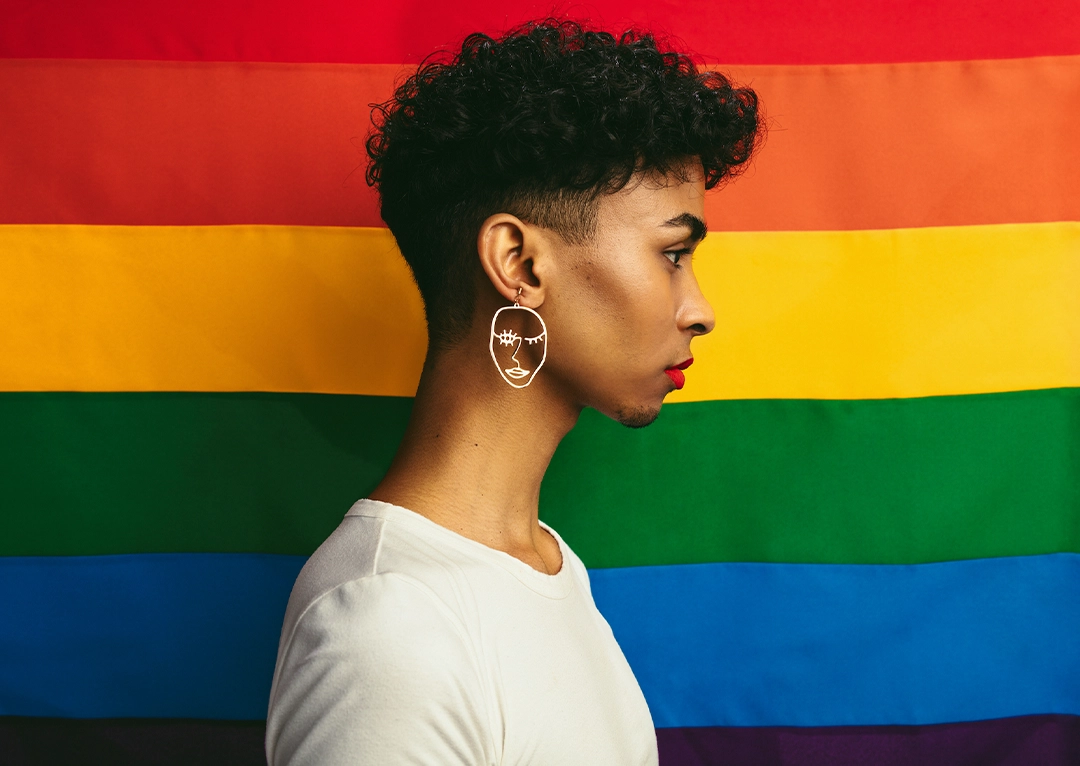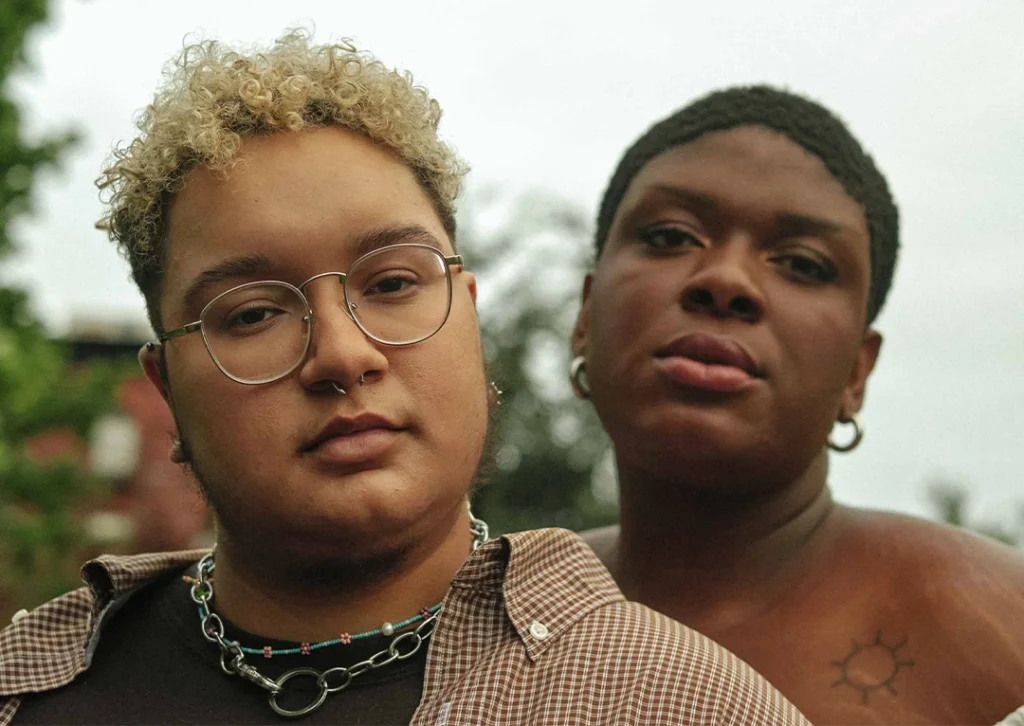Do transgender women have periods


Transgender women are individuals who were assigned male at birth but identify and live as women. Since they do not have a uterus or ovaries, they do not experience the menstrual cycle in the biological sense. You could think of it like this: if you were born into a body without the necessary parts for a period, your body simply won’t go through that monthly process. It’s like trying to play a sport without the required equipment!
- Unpacking the Myth: Do Transgender Women Experience Periods?
- Breaking Barriers: Understanding Menstruation in Transgender Women
- The Period Debate: What Science Says About Transgender Women and Menstruation
- Beyond Biology: The Personal Stories of Transgender Women and Their Experiences with Periods
- Menstruation Redefined: Exploring the Intersection of Gender Identity and Biological Reality
Some trans women may undergo hormone replacement therapy (HRT), which involves taking estrogen and anti-androgens. While HRT can bring about fantastic changes, such as breast development and softer skin, it doesn’t trigger a menstrual cycle like it does in cisgender women. Instead, these hormonal changes may lead to feelings typically associated with premenstrual syndrome (PMS), such as mood swings or fatigue. It’s similar to experiencing the emotional ups and downs of a roller coaster without the physical ride.
Moreover, the discussion around periods is wrapped up in understanding gender and biology. Everyone’s experience with their body is unique. So, for trans women, while they don’t have traditional periods, they may still experience their own set of emotional and physical changes that resonate on a different level. After all, womanhood is about much more than just biology; it’s about identity, experience, and embracing what it means to be you.
Unpacking the Myth: Do Transgender Women Experience Periods?
Transgender women, those who were assigned male at birth but identify and live as women, don’t experience menstrual cycles in the same way. They don’t have the physical anatomy that produces menstruation, so biological periods are a no-go for them. However, feelings of dysphoria or connections to the menstrual experience can still arise. Imagine living in a world where your body doesn’t match how you feel inside. That disconnect can be overwhelming!
In conversations about gender identity, some transgender women may express a sense of longing or a desire for a period. This isn’t about the actual biological process—it’s more about the symbolic significance of femininity and womanhood. Think of it like this: periods are often seen as a rite of passage into womanhood. So, when transgender women talk about this topic, they aren’t so much talking about the physicality of menstruation, but rather about what it represents in a society that often equates womanhood with biology.
Moreover, it’s essential to consider the impact of hormones during transition. While transgender women won’t experience periods like cisgender women, hormone therapy can lead to various body changes that might evoke similar emotions. So, while they don’t “have” periods, the feelings and complexities surrounding female identity can still stir up deep feelings that connect them to the experience of menstruation. It’s a fascinating and nuanced conversation about identity, biology, and what it truly means to be a woman today.

Breaking Barriers: Understanding Menstruation in Transgender Women
Transgender women, those who were assigned male at birth but identify as female, typically do not experience menstruation in the biological sense. However, the journey to embrace their identity and the societal conversations around menstruation can be incredibly impactful. Think about it like this: menstruation is often intertwined with femininity and womanhood. So, when a transgender woman steps into her identity, she might face unique challenges around societal expectations and personal feelings connected to masculinity and femininity.
Imagine navigating a world filled with menstruation talk when your experience diverges from it. It’s a bit like showing up to a party where everyone’s dancing to a song you can’t hear. Discussions around periods might spark feelings of exclusion or confusion for these women. It underscores the importance of understanding that their identity doesn’t negate their womanhood. In many ways, it helps to break the stereotypes surrounding womanhood and bodily experiences.
Moreover, the emotional and psychological impacts can sometimes mirror those of cisgender women, especially around issues of body image and self-acceptance. These feelings can be as turbulent as the tides, leaving many to grapple with what it means to be female without the physical markers society usually associates with it. By highlighting these experiences, we can foster a more inclusive dialogue that recognizes and values the diversity of womanhood.

The Period Debate: What Science Says About Transgender Women and Menstruation
The science here is fascinating. Transgender women, who were assigned male at birth, don’t have a uterus, so naturally, they don’t experience menstruation. This fact is sometimes overlooked, and it opens the door to discussions about gender identity versus biological sex. It’s like comparing apples and oranges. You can’t expect oranges to grow on an apple tree, right? Similarly, gender identity isn’t solely rooted in biological functions.
But what about transgender men, who were assigned female at birth? Many can and do menstruate, even after transitioning. Depending on the medical choices they make—like hormone replacement therapy or surgical options—their menstrual experiences can vary dramatically. Picture it like a train journey: some might take the express route and skip stops, while others might stop at every station along the way.
Beyond Biology: The Personal Stories of Transgender Women and Their Experiences with Periods
Take Sarah, for example. She grew up feeling disconnected from the body assigned to her at birth. For years, she watched as friends discussed their periods, drowning in a sea of confusion and longing. When Sarah finally transitioned, she found herself on a unique journey toward femininity—a journey that didn’t always include monthly cycles but was filled with the emotions tied to them. While she doesn’t menstruate, the cultural and emotional significance of periods remains part of her narrative. They are symbols of womanhood, and she embraces her experience with them, weaving her understanding of femininity into the fabric of her daily life.
Then there’s Jamie, who found relief and joy in hormone therapy. For her, the moment she experienced a period for the first time post-transition was monumental. It was a rite of passage that felt both liberating and validating, giving her a sense of belonging to the sisterhood she yearned for. But that doesn’t overshadow the feelings of anxiety and dysphoria that often creep in during such moments. The pain of missing out on something that society perceives as inherently feminine can be quite overwhelming.
These personal stories reflect the complexity of identity and the unique experiences transgender women navigate every day. Periods, in this context, become more than a physical occurrence—they’re emotional touchpoints where individual narratives flourish, enriching conversations about gender and femininity in our ever-evolving world.
Menstruation Redefined: Exploring the Intersection of Gender Identity and Biological Reality
Think about it: not everyone who menstruates identifies as a woman. This new perspective invites us into a conversation where people of diverse gender identities, including trans and non-binary individuals, share their experiences with menstruation. It challenges the traditional narrative and opens up a dialogue about inclusivity. Imagine being a person who doesn’t fit into the conventional boxes yet finds themselves managing a menstrual cycle. That’s a unique reality that deserves attention!
Having periods is a biological function—but it’s also a deeply personal experience influenced by societal norms. The challenge lies in the way conversations about periods have been shaped. There’s a rich tapestry of stories woven into the fabric of menstruation, and each thread represents the perspective and experiences of individuals from varying backgrounds. By exploring menstruation through this expanded lens, we understand that period products, healthcare access, and conversations surrounding menstrual health should consider the diversity of those who menstruate.
So, why is it essential to redefine this narrative? Because understanding menstruation in today’s context encourages empathy and fosters community. The next time someone mentions their period, remember it’s more than just a monthly event; it’s a glimpse into their identity, their struggles, and their triumphs. It’s time to normalize these conversations and create an inclusive platform where everyone feels seen, heard, and valued.
#Do transgender women have periods


